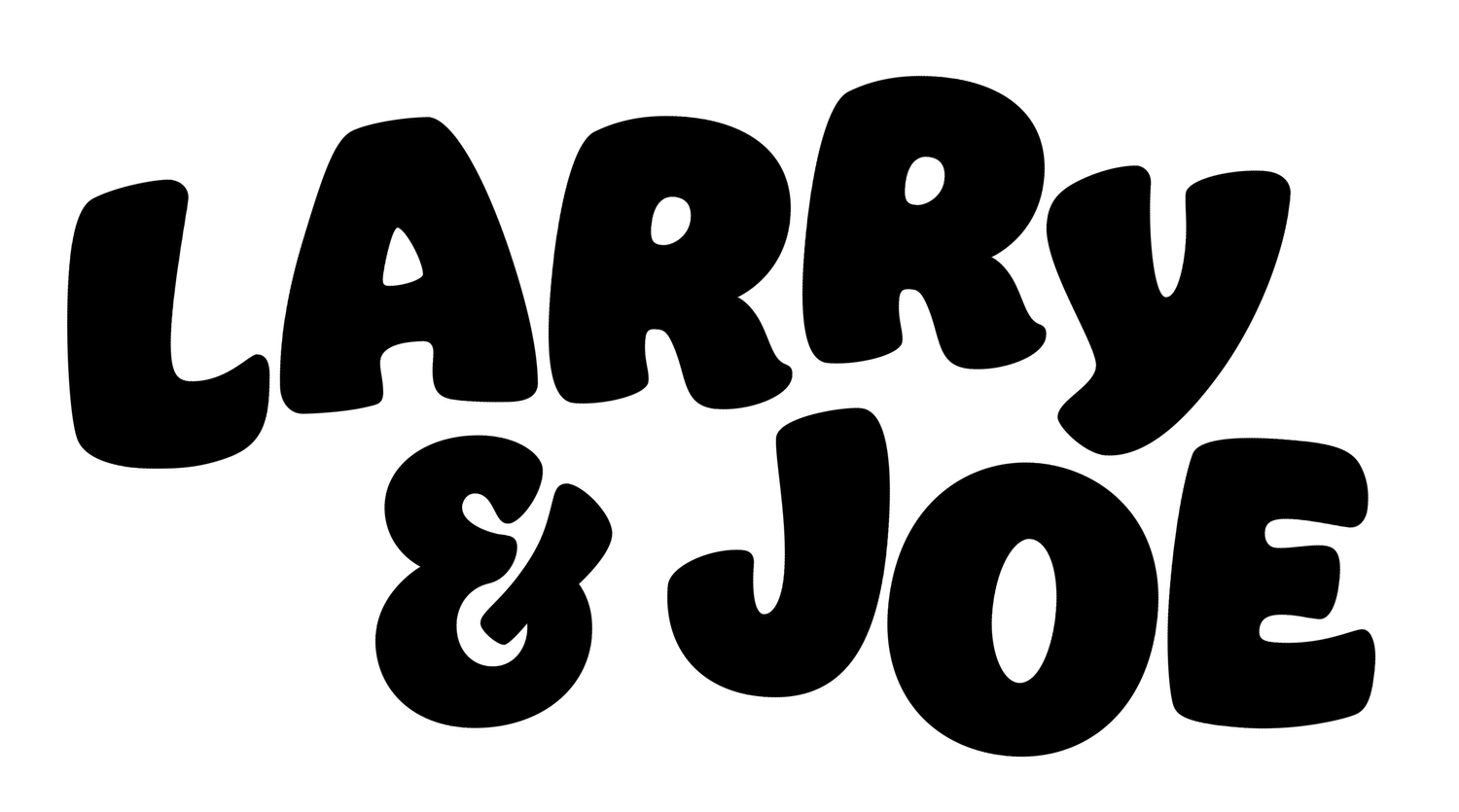ALBUM REVIEW: Larry & Joe’s ‘Nuevo South Train’ Couples Venezuelan and Appalachian Roots Music
Written by Hilary Saunders for No Depression
3.22.23
The banjo and the harp aren’t often thought of as complementary instruments. The former is perceived as relegated to the mountains and hollers, whereas the latter reigns solely in the concert hall. However, for banjoist Joe Troop and harpist Larry Bellorín, this musical pairing was completely natural. And for listeners checking out their debut collaborative LP, Nuevo South Train, the unexpectedness of this musical match is part of the delight.
Roots music fans may recognize Troop from his work with the cross-cultural string band Che Apalache (ND story). Born and raised in rural North Carolina, Troop spent time studying abroad in Spain and spent a decade in Argentina, which inspired him to start the self-described “latingrass” group. Che Apalache’s last album, Rearrange My Heart, was nominated for Best Folk Album at the 2020 Grammys, but then members of the international ensemble nearly got stuck in the US as global pandemic lockdowns went into effect.
Larry Bellorín, left, and Joe Troop (photo by Billie Wheeler)
During the height of the pandemic, Troop retreated to Durham, North Carolina, where he met Bellorín. A multi-instrumentalist born in Monagas, Venezuela, Bellorín is considered a legend of llanera music. This regional folk style originated in the western regions of Venezuela and literally translates to “music of the plains.” Bellorín even founded a music school called Casa Vieja, which specializes in teaching and performing this style of music, and made a sustainable career as a musician.
Added to the UNESCO list of “Intangible Heritage” in 2017, llanera songs are thematically farming songs. Rhythmically, they often use maracas and mimic the pulse and pace of working the land. Traditional Latin instruments like the four-string, guitar-like cuartro, mandolin-like bandola (which can range from four to 24 strings, depending on its origin in South America), and the harp help carry the melodies and stories.
After President Nicolás Maduro’s election in Venezuela in 2013, however, political unrest and economic crises forced Bellorín and millions of others into exile. By the time Troop met him in 2021 in North Carolina, Bellorín was working in construction, playing music on the side, and waiting for his asylum case to be heard.
In the two years since they met, Troop and Bellorín wrote and recorded 12 songs of “Venezualachia” (that’s, of course, Venezuelan-Appalachian music) that became Nuevo South Train. The album features original songs by Troop (the feisty title track, a polyrhythmic train song with bilingual yodeling), Troop and Bellorín together (the instrumental “Gabanjo”), and three interpretations of songs by Venezuelan folk hero, composer, and Grammy award-winning llanero musician Simón Díaz (“Caballo Viejo,” “La Tonada del Cabrestero,” and “Mi Querencia”).
The latter is a particularly powerful example of the combination of banjo and harp. Often, Bellorín’s harp carries the rhythm and the bassline while Troop’s banjo quickly picks the treble. (This setup often makes sense when using the harp in more folk and pop contexts: Its wider melodic range of up to 47 strings covering six-and-a-half octaves enables players to focus on lower notes that other, usually smaller instruments can’t access.) But when the roles are reversed, or when Troop stops playing to unleash his high, lonesome cries, Bellorín incorporates arpeggiated picking, chord plucking, and glissandos. Together, all these techniques make the harp sound more like other commercialized stringed instruments, while also placing the emphasis solely on something not often found in American folk songs.
Two more songs on Nuevo South Train stand out not just for their instrumentals, but for their symbolism. Larry & Joe offer their take on the Anglo-American traditional “Roll in My Sweet Baby’s Arms,” featuring Bellorín on the double bass and Troop’ frenetic banjo rolls. While their version doesn’t stray musically from classic bluegrass versions by Flatt & Scruggs and others, lyrics like “I ain’t gonna work on the railroad / I ain’t gonna work on the farm” seem to take on fresh importance, considering the history of the llanero songs and Larry & Joe’s own roots.
Finally, the closing ballad “Border Wall” offers a moving denouncement of the ideas and physical boundaries meant to divide people. Guided by a mournful pedal steel, Troop opens the song with the following verse:
Border wall, border wall
We can build it up taller as we call ourselves free
But Lord, what does that wall say about you and me?
We can just go on living as we turn a blind eye
But tell me, what kind of freedom’s wrapped in razor blade wire?
Bellorín continues the sentiment into his verse, sung in Spanish, as well. Translated lyrics proclaim that a wall will never block the sun, which shines the same on both sides and for all people in peace. And the final verse, written and sung by North Carolina based DaShawn Hickman, uses gospel imagery and allusions to famous verses of “We Shall Overcome” to further emphasize these themes.
“Border Wall” itself is a sentimental and musical summation of Nuevo South Train. For the album, in all its collaborative glory, is a reminder that roots music is about maintaining and sharing traditions, regardless of where the diasporas take them.
Click here for the source.
